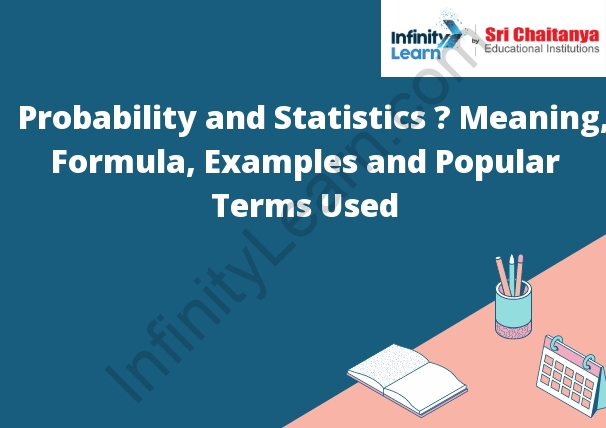Table of Contents
What is Probability in Statistics?
Probability is the likelihood that an event will occur. Probability is usually expressed as a percentage or a decimal. In statistics, probability is used to calculate the likelihood of an event occurring. Probability is also used to calculate the likelihood of two or more events occurring together.

Probability Meaning in Statistics
Probability is a measure of how likely an event is to happen. Probability can be expressed as a percentage, a decimal, or a fraction.
The probability of an event happening is the number of outcomes that result in the event divided by the total number of possible outcomes.
For example, the probability of flipping a coin and getting heads is 1/2, because there are two possible outcomes (heads or tails) and one of them is the event we are interested in (getting heads).
Probability Formula
The probability of an event is a number between 0 and 1 that represents the likelihood that the event will occur. To calculate the probability of an event, you divide the number of ways the event can occur by the total number of possible outcomes.
For example, if you want to know the probability of flipping a coin and getting heads, there are two possible outcomes (heads or tails) and only one way the event can occur (getting heads). So the probability of flipping a coin and getting heads is 1/2, or 0.5.
What is Statistics?
Statistics is a branch of mathematics that deals with the collection, analysis, interpretation, presentation, and organization of data.
What is Statistical Inference?
Statistical inference is the process of drawing conclusions about a population from a sample of the population.
Statistical Formula
The statistical formula for the standard error of the mean is:
Where:
x is the sample mean
s is the sample standard deviation
n is the sample size
Terms Used in Probability and Statistics
The following terms are used in probability and statistics.
Experiment: A process that produces one or more outcomes.
Outcome: A particular result of an experiment.
Event: A specific outcome or set of outcomes.
Random Variable: A variable that represents the outcome of a random experiment.
Probability: The likelihood of a particular event occurring, typically expressed as a number between 0 and 1.
Statistical Inference: The process of using data to draw conclusions about a population.
Sample: A subset of a population.
Population: The entirety of a group of objects, individuals, or data points.





